I spent 3 months solo-traveling around Europe. Here are 12 things that surprised me most.
Hannah Docter-Loeb

- I spent three months traveling across Europe by myself while house-sitting.
- I was surprised by how reliable public transportation was in many cities.
Last fall, I set out for a three-month solo trip across Europe.
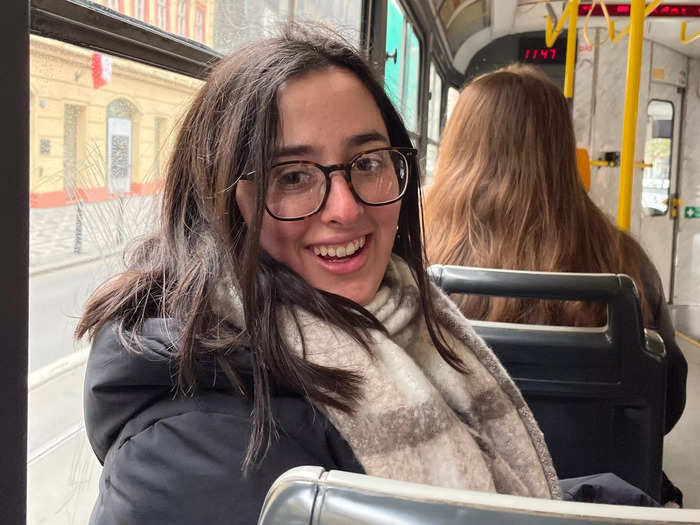
I spent three months traveling to different cities while house-sitting through TrustedHouse Sitters.
Although I'd already been to some of the places I visited — London, Madrid, and Lisbon — most of my destinations were completely new to me.
Throughout the trip, there were a number of things that surprised me and others that took a bit of time to get used to.
TJ Maxx is TK Maxx in Europe.
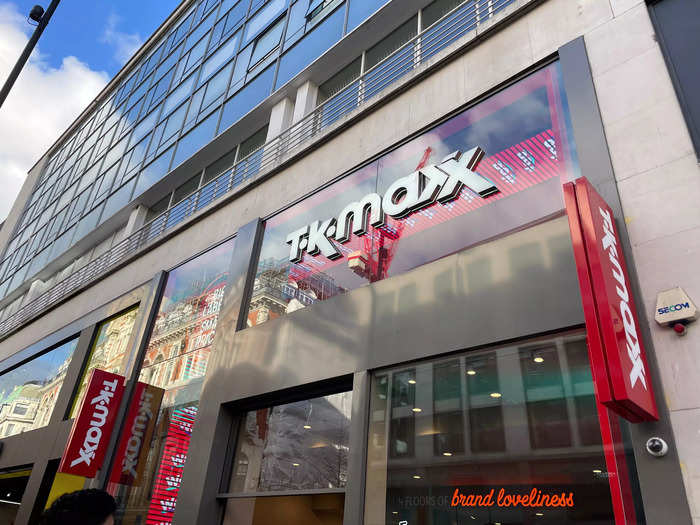
TJ Maxx is an American discount store dating back to the 1970s, and the company opened its first European location in the 90s.
But the UK was already home to a discount store called TJ Hughes, which opened in the early 1900s. The company still has 13 stores across England and Scotland.
TJ Maxx changed its European-branch name to TK Maxx to avoid confusion. There are now over 500 stores across the UK, Ireland, Poland, Germany, Austria, and the Netherlands.
Luckily, its products are just as good in Europe as they are back in the states. My first week, my boots broke, and my TK Maxx replacements have lasted me the entire trip.
European public transport is very good.
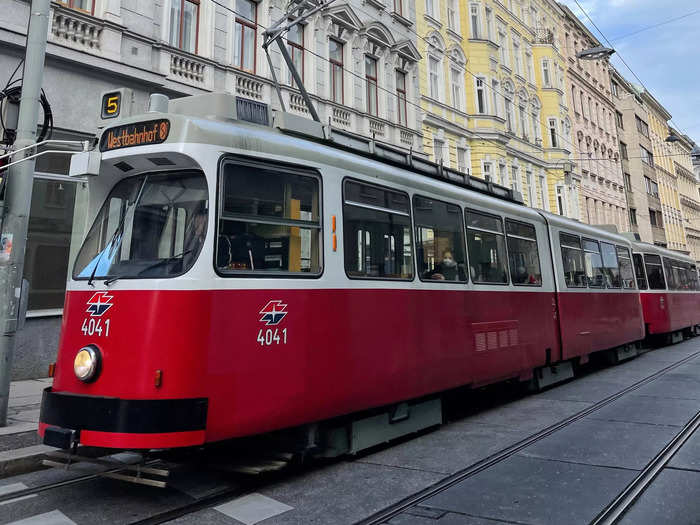
Most cities had superb public transportation, consisting usually of a combination of trains, buses, trams, and the occasional ferry.
Many cities even have routes that go straight to the airport.
I only ended up taking a cab or Uber a few times.
In the UK, inexpensive meal deals seem to be a staple.
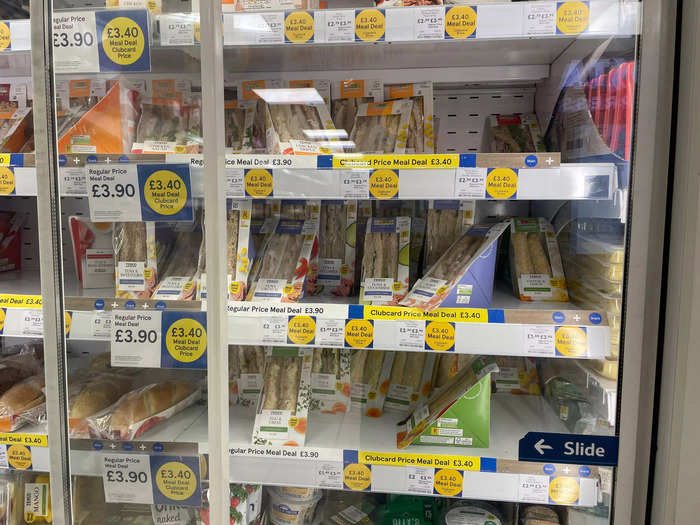
In most convenience or grocery stores across the UK, there's a deal where you can get a meal (often a sandwich), drink, and snack (usually chips) for £3 to £4, or about $3.64 to $4.86.
According to my British friend, there's been some uproar because the price used to be a bit lower. But as an American who lives in a city where sandwiches on their own can cost upward of $7, I'd say it's a pretty good deal.
Many European cities have plaques memorializing Holocaust victims.
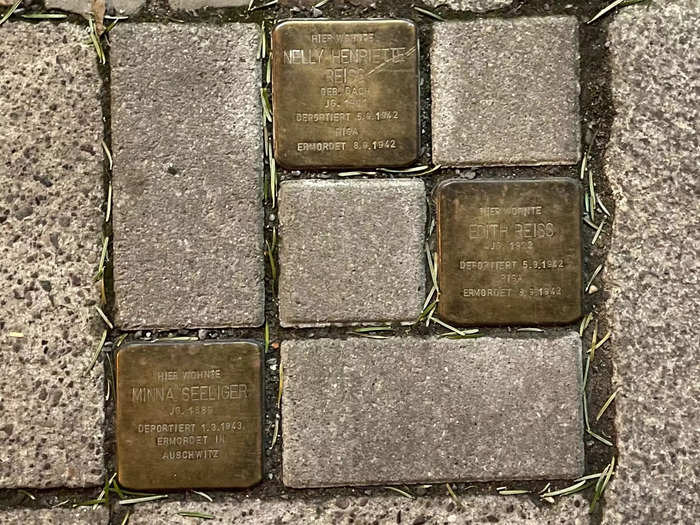
As a Jew whose grandfather fled Germany during the Holocaust, I'd heard a lot about how Germany has reckoned with its past.
My dad told me about the Stolpersteine, or stumbling stones, in Berlin, which are meant to commemorate Holocaust victims outside of their last-known residence.
But it's not just Berlin — I saw many of these stones in Amsterdam, too. According to The Guardian, as of 2019, there are more than 70,000 stones in over 1,200 cities and towns across Europe and Russia.
Dryers are a luxury.
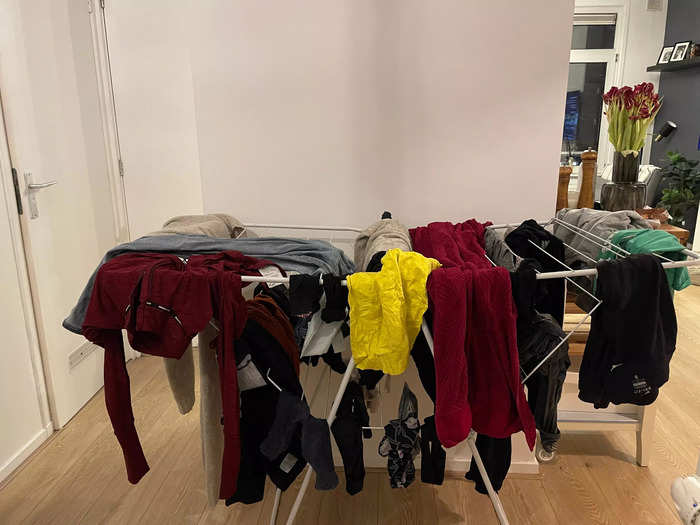
In all the places I stayed, only one had a clothes dryer. They seem to be far less common in Europe than in the US, and houses are instead equipped with clotheslines or drying racks.
I was also surprised to find most washing machines in the kitchen right next to the oven.
Cigarettes have anti-smoking ads on them.
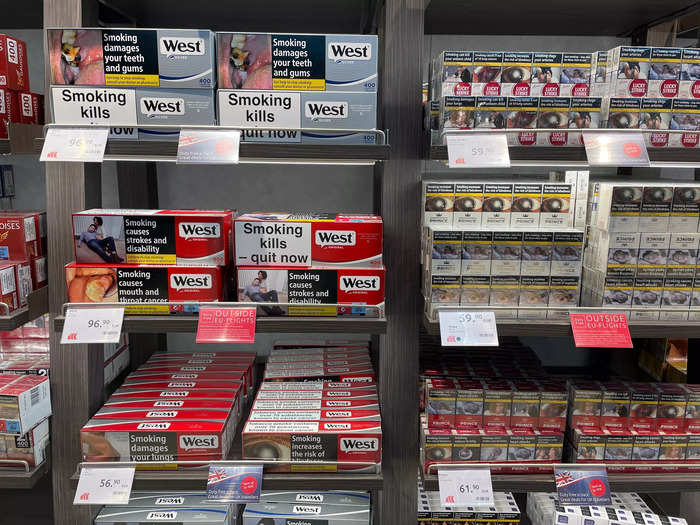
Walking through the airport duty-free store, I was shocked that all the cigarettes had various slogans and statistics to try and make smoking look unappealing, right on the box.
According to EU guidelines, "Combined health warnings (picture, text and information on how to stop) must cover 65% of the front and back of cigarette and roll-your-own tobacco packages."
Morocco is super easy to get to from parts of Europe.
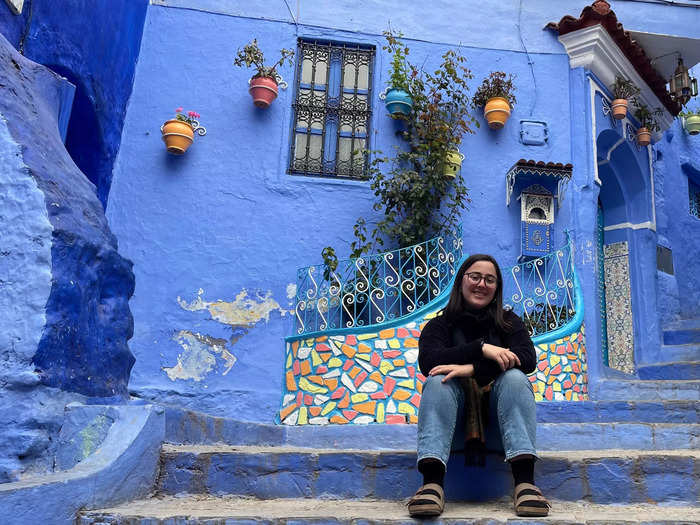
I hadn't officially planned on going to Morocco, but once I saw how easy it was to get there, it seemed like a no-brainer.
There are flights from a number of cities in Spain and Portugal, all of which are extremely cheap. I flew from Seville and back to Lisbon. You can also take a ferry from Tarifa, Spain.
I was a bit nervous about traveling in Morocco alone as a woman, but I didn't have any problems whatsoever and found everyone to be super friendly.
Airbnbs can be a nice middle ground between hostels and hotels.
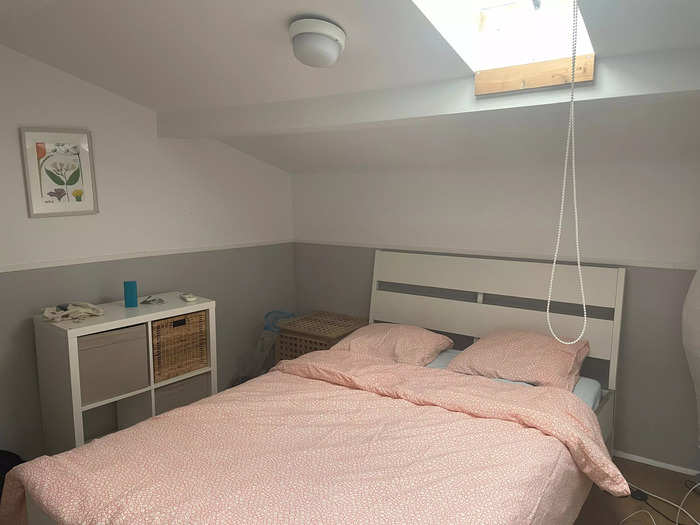
Because I was working throughout the trip, I didn't want to constantly stay in youth hostels if I wasn't house-sitting.
Instead, I actually found a lot of reasonable places on Airbnb. In many cities, there are guesthouses where you share a bathroom but have your own room and access to the kitchen.
Lots of European cities have stores that only sell American products.
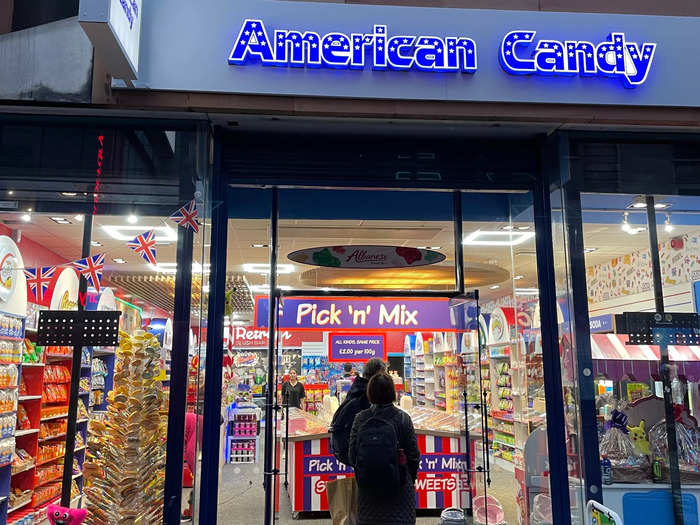
Throughout my travels, I saw a lot of stores that carry all sorts of American candy and food.
The prices are ridiculously high from what I'm used to back home, but it was fun to see the different brands they'd managed to stock up on.
Many attractions have student discounts for those under 26.
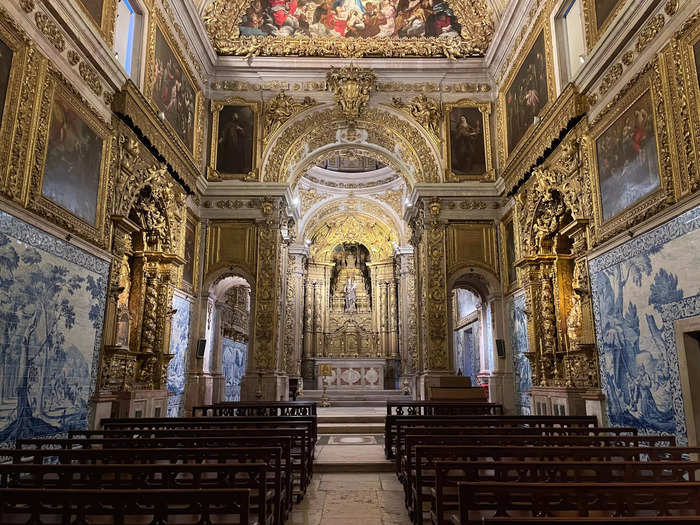
I'm not used to paying to go to museums and monuments because I grew up in Washington, DC, where many are free to visit.
But luckily, many European museums and landmarks have discounted prices if you show proof that you're a student and/or under 26.
Tea was served to me in glasses more than mugs.
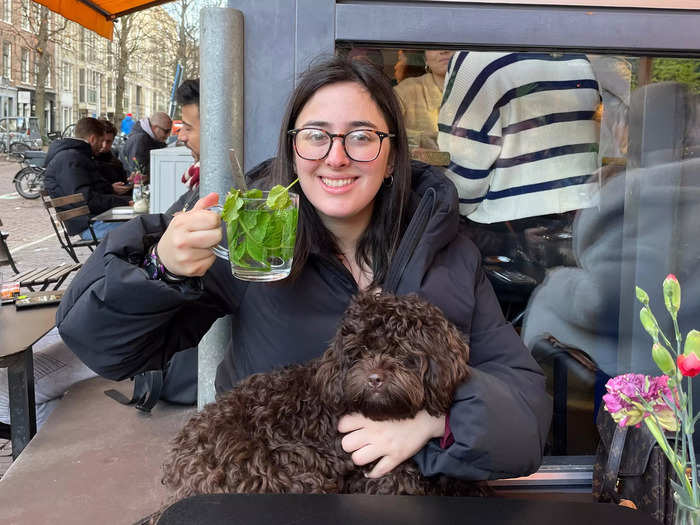
I was a bit confused the first time I got peppermint tea at a café and was served hot water and tea leaves in a glass rather than a mug. But I soon got used to it.
This was also the case in Morocco, where I quickly learned that tea is part of everyday life.
Recreational weed isn't legal in Amsterdam — or most of the European Union.
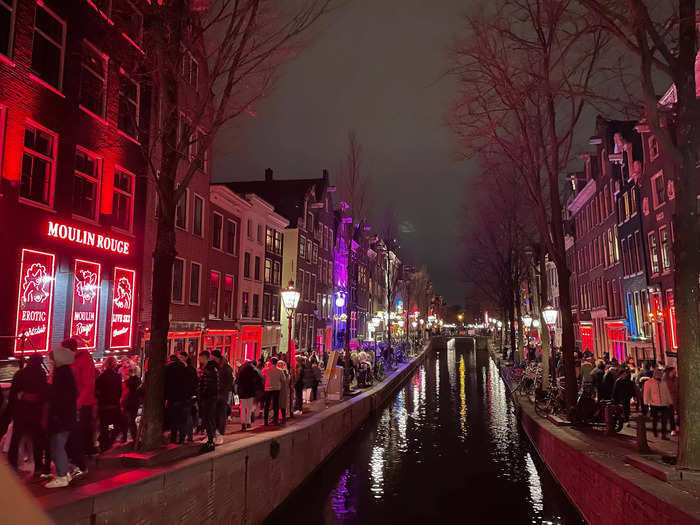
Despite Amsterdam's "anything goes" reputation, recreational weed isn't actually legal in the Netherlands. But it's considered a "soft drug," so there are toleration policies that make it possible to purchase a limited amount in coffee shops if you're 18 and over.
According to the government of the Netherlands, "Coffee shops are permitted to sell cannabis under certain strict conditions. A coffee shop is an establishment where cannabis is sold but no alcoholic drinks are sold or consumed."
Recreational cannabis is currently only legal in one European Union country (Malta). But Germany has signaled a move in that direction.
Popular Right Now
Popular Keywords
Advertisement